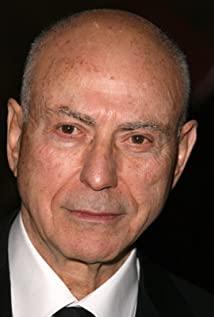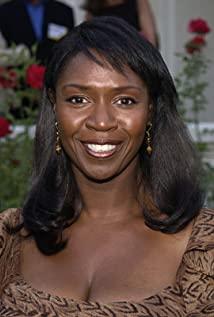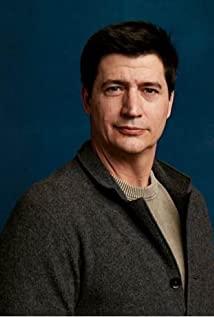In fact, this film cannot really be regarded as a category of "replicating humans" or "artificial humans", but the way this film interprets the concept of DNA/gene is similar to the topic of "replicating humans" or "artificial humans". The magic is that this kind of predictive interpretation is clearly necessary to discuss with this type of film. This film tells that in a certain era in the future, human beings have mastered very high genetic technology and can make corresponding benign alterations and optimizations to human DNA. The humans whose genes have been benignly modified or optimized are much better in theory than those who have not been genetically modified for normal conception. However, the problem also lies in this so-called "theory." Humans whose genes have undergone benign genetic modification have naturally become a strong group. Humans who have been born without genetic modification have become weaker and weaker in normal conception, and even become weaker to a certain extent. Discrimination groups-called "defective people" in the film. Does the "theoretical" relationship between strength and weakness really mean the relationship between strength and weakness in reality? Because the "theoretical" treatment must be divided into different classes that are treated differently? Not necessarily.
In the process of telling the story of such a deformed society, the film did not stick to attracting audiences by expressing the technological content of this society, nor did it focus on the irony and criticism of unequal social forms, but secretly focused on it. On the eternal proposition that human beings continue to challenge themselves and have the courage to realize their dreams. Ethan Hawke played the "defective man" Vincent who was born with a normal conception, although he has been inferior to his genetically improved brother in terms of various test data. But man is great because of his dreams. He who was born with "defects" did not choose to give up but chose to chase his dreams-becoming an astronaut and flying into space. After tortuous and complicated efforts and persistence, he finally realized the impossible. The completed "dream". The subtle relationship between the "defective man" played by Ethan Hawke and the "perfect genetic man" played by Jude Law in the film is actually similar to the so-called "cloning" relationship to a large extent.
The film not only has a wonderful plot with twists and turns, but it is also very delicate and meaningful. Repeatedly showing the process of "defective" Vincent vigorously scrubbing his body, the audience could not help but anger from curiosity to understanding, from understanding to pity, and from pitiful to detachment, which mobilized the audience's appreciation emotions. And when Jude Law played the "perfect genetic man" dragging his unconscious legs up the spiral staircase similar to the structure of the human gene chain, it also embodies the profound doubts and doubts about this morbid social theory. Satire. The performance of the doctor at the end of the film also made us feel warm in our hearts. In this way, we kindly point out the director's good wishes and the attitude of inspiring everyone to pursue their dreams. The details of Ethan Hawke’s bravely rushing into traffic because of love also vividly show the respectability of human nature itself with a few strokes in Liaoliao; there are many places to express such exquisite details, although many of them express great influence on modern society. There is no shortage of worries, but there is never a lack of warmth and confidence. The great line in the film "No matter what kind of flaw you have, you still have yourself and the hope." is very meaningful. The classic line "You can shine no matter what you're" in "Robot Adventure" last year The concept of "made of..." is exactly the same as the above sentence.
View more about Gattaca reviews











